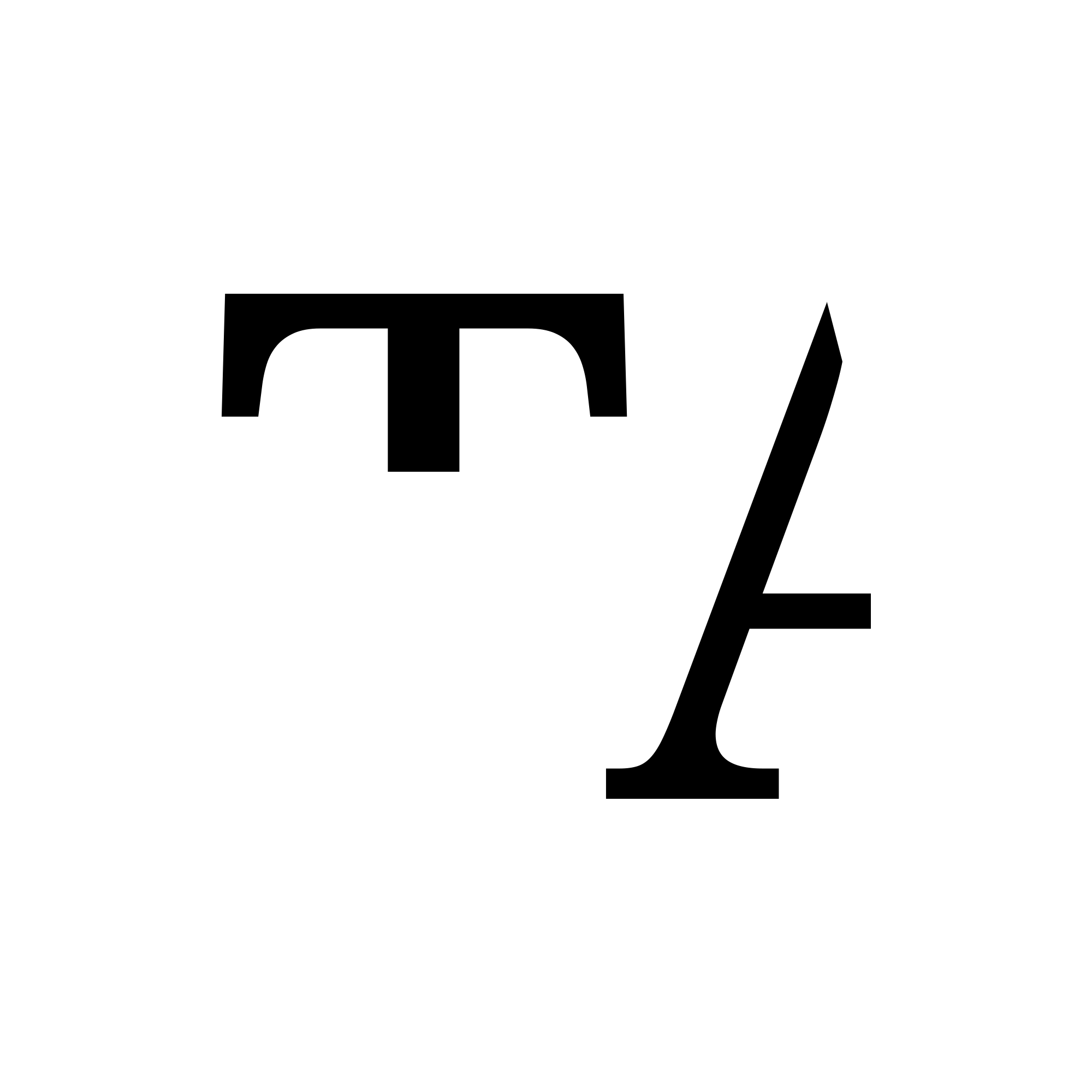gala hills
abandonment in art practices
...
Unfinished – statement on my working practice
I usually complete works in one go. I can’t leave a task till its done. Hence I usually work small with fast drying mediums and materials. In my working state everything happens without thought, my practice exists in a separate consciousness that makes wordless decisions. I can only relate it to listening to a song you’ve never heard before but can feel where the next beat will hit, or whether the music will rise or fall away. The lines fall into place as if it had already happened.
Once I’ve stepped out of this state it is difficult to re-enter it, feels like trying to find a page in a book without a bookmark. The objective is then to stay in that state till the work is complete, then awake and reflect on what has been made.
I often, because of this way of working, find it difficult to be objective about my own work. If it is good or bad are not relevant questions whilst I am working, rather I focus on how I feel when I am exiting the working state. Whilst working, thought and time and even consciousness of my own physical body disappear. Only in coming back to myself can I ask myself objective questions about the work. Did it flow? Was it intuitive or forced? How do my hands feel now I have put down my materials? Strained, or ready for more?
Ready for more is always the best, it means that something happened in that last work that I want to investigate further, so grab another piece of paper and carry on.
Sometimes the feeling is wrong, and before I can even begin I know I am working to a failure. Many reasons may factor in, wrong materials, wrong location, wrong day. A thick fog forms between me and the work, and all I know is I want to be far away from that thing.
Sometimes you simply push through, and can get over it. One method is to do a self-pastiche but I would not recommend this. Knowing your own work so well you can fake the decisions you would have made if it had come naturally, but this feels inauthentic. You can produce a decent work, but you learn nothing new. Working in your own ‘style’ feels dishonest to your own practice. Its probably best to just stop.
Orson wells quotes Picasso in F For Fake (1973), on Picasso being shown his own paintings to address which are fakes. He claims they are all fakes. A friend contradicts him, “I saw you paint this one myself!” “Ah”, says Picasso. “No one can fake Picasso like Picasso can”.
Sometimes works must be abandoned.
ABANDOMENT – deserting projects.
Something is off. Something’s wrong.
Example;
I’ve been revising a series of oil pastel works from a year ago. This time of year allows me to use this medium best, long summer days to fill up with bulbous orange and pink forms. Bears and stomach-caves, huge paws and rounded fingers.
This time I’ve doubled the size of the paper, from A4 to A3. The feeling is different, I can add more colour without overcrowding the page. Scale changes colour, it makes it denser or softer. Working bigger also allows me to re-enter this type of working without risking repeating or copying myself. But I made a mistake, I thought I could just produce one of the old ones, the A4 ones.
I have all the same materials, but it doesn’t work the way it used to. It looks the same but feels wrong. Before I can even finish, I abandon the work.
It now glares at me, and I feel like a bad mother. Can I give it away? I know what’s wrong with it, but whose to know someone would also understand that. Would I tell them its unfinished and leave them to question why I’m then giving it away? I feel like I’m abandoning it because it’s made my life too difficult, telling me I can never do these drawings again till I know why it wasn’t finished. I can’t ignore it, and in my dreams, I finish this work, even in sleeping I cannot escape.
Years later I have found unfinished works. I’ve cut them up and collaged them into something new, like a brutal Frankenstein. It’s very liberating. People don’t often talk about the emotional manipulation one’s own art has over them. Demanding brats.
I might not sign this work.
...
Gala Hills is an artist based between Oxford, London and Devon. Her work applies a multidisciplinary approach, using holistic influences that come both from experience and research. Gala comes from an outsider education, being taught at home in rural Devon. Much of her work relates to inherent human creativity and curiosity, engaging with research through practice based study. Her influences range from 70s cult classic films to 60s Fluxus practices, and from 1990s rave culture back to 1890s Viennese Secession poster making. She has a BFA from the Ruskin School of Art and beginning an MA in Fine Art at the Slade School of Art.
Instagram: @galamadesomething
Email: galainthestars@gmail.com
